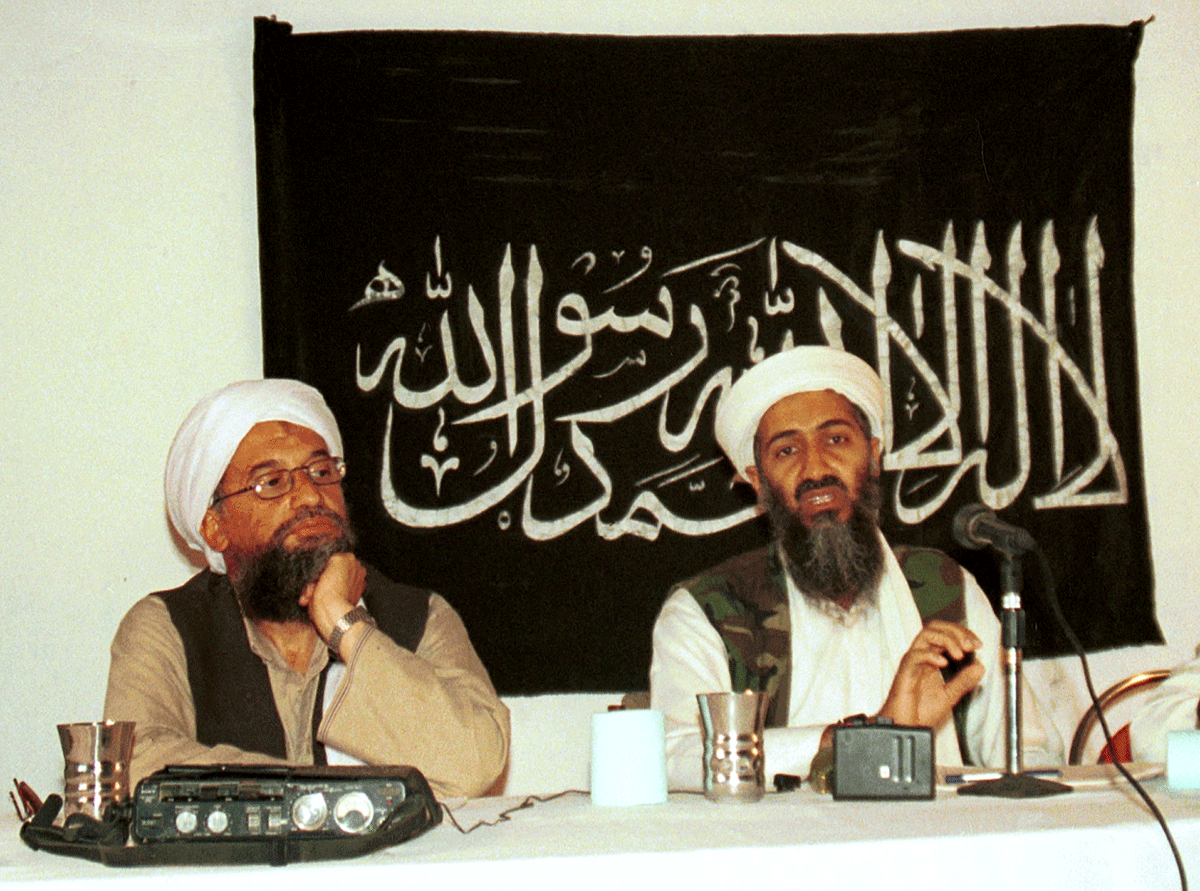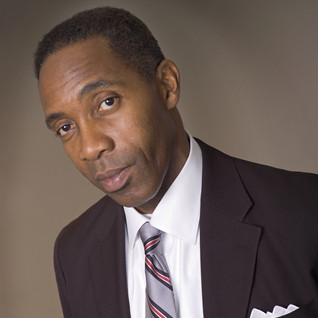“Fadhil Ahmad al-Hayali, also known as Hajji Mutazz and Abu Muslim al-Turkmani, the second in command of the terrorist group ISIL, was killed in a U.S. military air strike on Aug. 18,” according to the National Security Council.
NSC Spokesman Ned Price said al-Hayali, died “while traveling in a vehicle near Mosul, Iraq.”
This is not the first time U.S. officials claimed he had been killed. He was allegedly killed between November and December 2014.
A lieutenant colonel in the Iraqi Army under Saddam Hussein, al-Hayali joined al-Qaida in Iraq, the predecessor to ISIL, and served as ISIL’s Baghdad military emir and the emir of Ninawa Province.
He eventually became an ISIL Shura Council member and was the senior deputy to ISIL leader Abu Bakr al-Baghdadi. Also, he was a primary coordinator for moving large amounts of weapons, explosives, vehicles and people between Iraq and Syria. Al-Hayali reinforced ISIL operations in both countries and was in charge of ISIL operations in Iraq.
U.S. intelligence officials believe he was instrumental in planning operations over the past two years, including the ISIL offensive in Mosul in June 2014.
“Al-Hayali’s death will adversely impact ISIL’s operations given that his influence spanned ISIL’s finance, media, operations and logistics,” Price says.
A Defense official told WTOP in late July, the U.S.-led coalition was aggressively targeting ISIL’s leadership, but, “if we killed the leader of a particular province, he’d be replaced in 24 hours.”
ISIL’s leader, al-Baghdadi, has himself had several brushes with death.
In November 2014, U.S. Central Command confirmed that it executed airstrikes near Al Qa’im, Iraq, that heavily damaged or destroyed four ISIL vehicles and struck four of its buildings.
Baghdadi was believed to have been in one of the structures. He was wounded during a meeting with militants in Al Qa’im, according to a statement from Iraqi Defense Minister Khalid al-Obeidi.
Price said the U.S. will continue targeting efforts designed “to degrade and destroy this terrorist group, which has wrought so much harm and suffering on the people of the region and beyond.”







